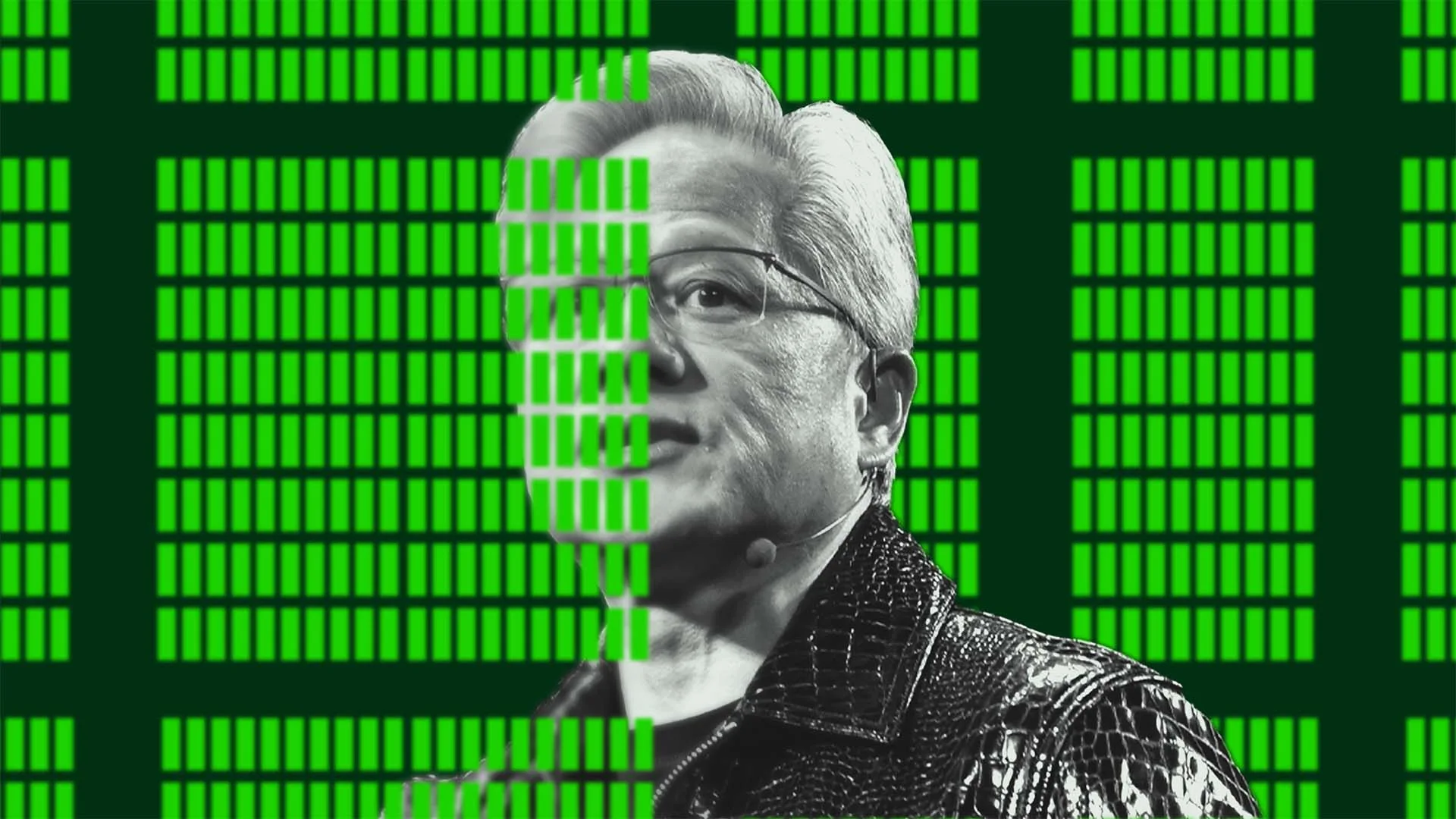Kamala Harris Proposes $50,000 Tax Cut for Entrepreneurs to Support Small Business Growth
Vice President Kamala Harris recently unveiled an ambitious proposal designed to reduce the financial barriers faced by entrepreneurs when starting their businesses.

Vice President Kamala Harris recently unveiled an ambitious proposal designed to reduce the financial barriers faced by entrepreneurs when starting their businesses. During a campaign event in North Hampton, New Hampshire, Harris announced plans to significantly increase the federal tax deduction for startup expenses from $5,000 to $50,000. This move is aimed at alleviating the average $40,000 cost typically required to launch a new business in the United States. The goal is to make entrepreneurship more accessible to a broader range of individuals and empower more Americans to pursue their business ideas.
Harris emphasized the importance of small businesses to the nation's economy, calling entrepreneurs "the glue and the fabric that holds communities together." This statement underscores the vital role that small businesses play in driving economic growth and providing jobs, especially in local communities. By focusing on reducing the cost of starting a business, Harris’s proposal aims to foster what she refers to as an “opportunity economy,” where anyone with a viable business idea has the resources to bring it to life, regardless of their financial background.
Under the current tax code, new business owners can deduct up to $5,000 in startup expenses. However, this amount often falls short when it comes to covering the true costs of launching a business. Harris's proposal to raise the tax deduction to $50,000 would make a significant difference, particularly for those just starting out and working with limited capital. This expanded deduction would help offset expenses like legal fees, marketing, product development, and office supplies, all of which can be major financial burdens for new entrepreneurs.
In addition to increasing the startup tax deduction, Harris's proposal includes several other measures aimed at supporting small businesses. One of these measures is the implementation of a standard deduction for small businesses, which would simplify the tax filing process. This change would mirror the individual standard deduction, making it easier for entrepreneurs to manage their taxes without being bogged down by complicated paperwork. This aspect of the proposal is particularly appealing to small business owners who may lack the resources to hire an accountant or tax professional to handle their filings.
Another key component of Harris’s plan is the expansion of innovation hubs and business incubator programs. These programs provide entrepreneurs with the support they need to turn their ideas into successful businesses, offering mentorship, networking opportunities, and access to funding. By investing in these programs, Harris aims to create an environment that nurtures innovation and encourages the growth of new startups. She also proposed increasing the number of federal contracts awarded to small businesses, which would provide them with more opportunities to secure government contracts and grow their operations.
Harris’s plan also includes a focus on reducing bureaucratic red tape, although specific regulations that would be rolled back have not been detailed. By cutting unnecessary regulations, Harris hopes to make it easier for small businesses to navigate the complexities of government rules and processes, allowing entrepreneurs to focus on growing their businesses instead of dealing with administrative hurdles.
This proposal is part of Harris’s broader economic strategy, which seeks to stimulate the growth of small businesses and promote innovation across the country. By making it easier and more affordable to start a business, she aims to empower entrepreneurs to create jobs and contribute to the economy. In addition, by supporting a more inclusive entrepreneurial ecosystem, Harris hopes to help foster economic opportunities for people from diverse backgrounds and communities.
Harris’s announcement was met with support from various entrepreneurs and small business advocates, who praised the plan’s potential to ease the financial strain on new business owners. Many entrepreneurs face significant challenges when trying to raise capital, and the added tax deduction could provide some much-needed relief. However, critics of the plan have raised concerns about the potential for increased government spending and its long-term economic impact.
In conclusion, Kamala Harris’s proposal to raise the federal tax deduction for startup expenses to $50,000 is a bold step toward supporting entrepreneurs and fostering small business growth. By making it easier for individuals to start their own businesses, Harris’s plan could help create new jobs, drive innovation, and strengthen local economies. If implemented, it could mark a significant shift in the way the U.S. government supports entrepreneurs, making it more feasible for anyone with a good idea to turn it into a successful business.




